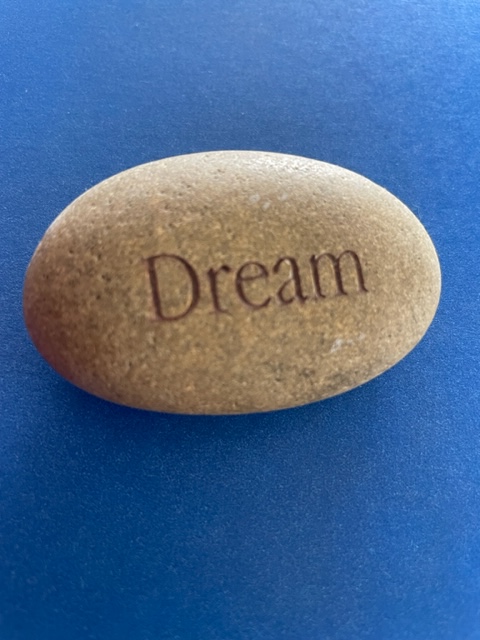
Despite the occasional benefit of remembering a plan we executed or recommendation we articulated in our dream, we must remember that its source was a dream. The event never actually took place. Furthermore, it probably offered a quite distorted picture of the real world—given the many dynamics operating in the dream and the multiple functions often being served in the dream. Given our recognition of these two factors, we can benefit from an examination of the functions being served by the dream. We can also benefit from examining the dream-based constructions that took place on behalf of these functions. Plato’s cave and the dream).
A task that is not completed inside the dream might leave a dreamer with a sense of urgency or anxiety/frustration after the dream. However, we don’t know the source of these feelings (since we can’t recall the content of the dream). All of this means that we must be cautious about acting upon the rich insights generated by our dream committee.
This also means that we should not ignore these insights and the hard work done by our dreams to fulfill certain important functions. It seems that there are contradictions when we face the task of making use of our dreams. These contradictions, in turn, parallel some of the amazing contradictions we find in the dreams themselves. I suspect that our world—when awake or asleep—is filled with contradictions. It is in the open, honest space of our dreams that these contradictions are often laid bare. Thank you dreams.
____________________





